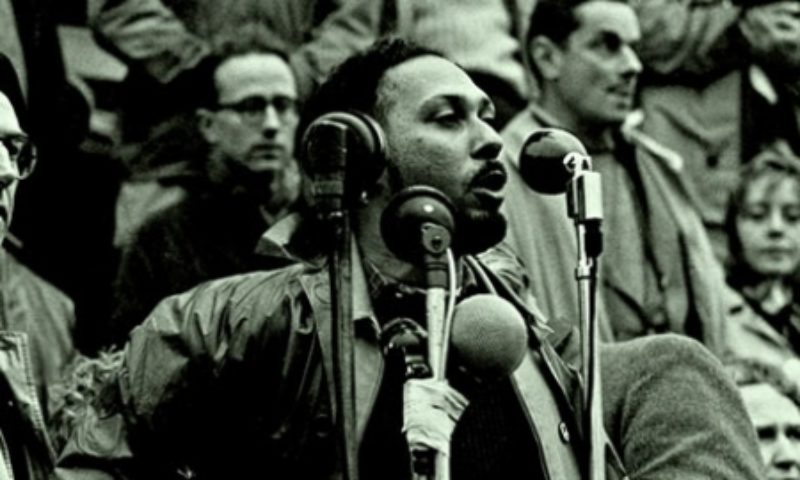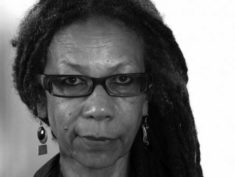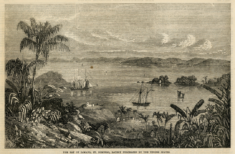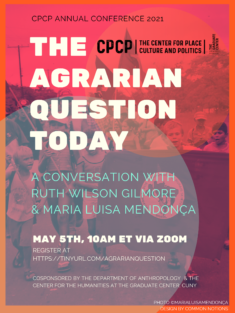About the event
This two-day gathering of academics, artists, and activists honors Stuart McPhail Hall, the late sociologist and cultural theorist. It seeks to build upon Hall's ground-breaking work on the interrelation of class, race, gender, popular culture, media, language, and power. Speakers include Bill T. Jones, dancer, choreographer, and executive artistic director of New York Live Arts; Katherine McKittrick, professor of gender studies at Queens University; and Françoise Vergès, consulting professor at the Center for Cultural Studies, Goldsmiths College.
Bill T. Jones in Conversation with Robert Reid-Pharr
Thursday, March 26th, 6:30 pm, Proshansky Auditorium
What is the role of art and culture in breaking down boundaries of race, gender, sexuality, nation, and class? As a featured event of the conference Stuart Hall: Geographies of Resistance, master choreographer, dancer, and director Bill T. Jones discusses his work and its boundary-breaking impact with the GC's Robert Reid-Pharr. The artistic director and co-founder of Bill T. Jones/Arnie Zane Dance Company and executive/artistic director of NY Live Arts, Jones has been a National Medal of Arts recipient, a Kennedy Center honoree, a Tony Award winner, and a recipient of the MacArthur “Genius” Award. Reid-Pharr, distinguished and presidential professor of English and American studies and director of IRADAC, is the author of Once You Go Black: Choice, Desire, and the Black American Intellectual, among other books.
SCHEDULE
Thursday, March 26
William P. Kelly Skylight Room
11:00 am - Film Screening: works by Pratibha Parmar
12:00 pm - Lunch break
1:30 pm - Katherine McKittrick introduced by Ruth Wilson Gilmore with response by Jacqueline Brown
Proshansky Auditorium
6:30 pm - Bill T. Jones in conversation with Robert Reid-Pharr
Friday, March 27
William P. Kelly Skylight Room
2:00 pm - Passion of Remembrance film screening and conversation with Kandice Chuh and Eric Lott
Elebash Recital Hall
6:30 pm - Françoise Vergès The Gloria Thomas Memorial Lecture
Cosponsored by the Institute for Research on the African Diaspora in the Americas and the Caribbean; the Advanced Research Collaborative; Revolutionizing American Studies.











